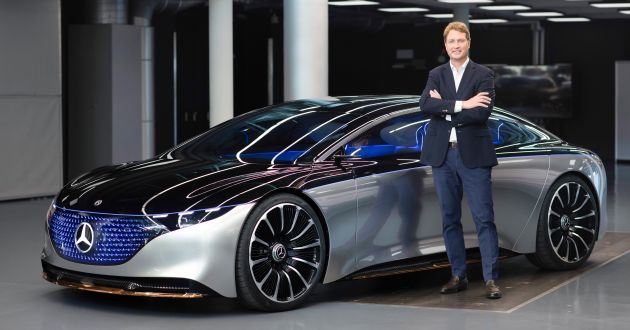Mercedes-Benz’s electric car range is quite well received by the public, Daimler CEO Ola Kallenius said in an interview with The Financial Times, adding that the company is well ahead of its goal to phase out the internal combustion engine by 2039. But, there exists a problem.
Kallenius said Daimler is ready for the electric future, but if the European Union wants to accelerate the shift to zero-emissions cars, there needs to be an open debate on the impact that electrification will have on jobs. “It’s an ambition that we say yes to, but we have to have an honest conversation about jobs,” he said.
“Everyone knows it takes more labour hours to assemble and build a combustion-based powertrain compared to an electric powertrain,” he added. This follows a warning from IG Metall president (metalworkers’ union in Germany) Joerg Hofmann, who said a study conducted by the Ifo institute showed the transition to EVs could cost the industry approximately 100,000 jobs by 2025.
This is specifically for workers who are in combustion engine production, and the numbers could be higher if companies fail to raise efforts to reskill workers. Kallenius said the impact on jobs has to be handled in a “socially responsible way,” and noted that Daimler is in a “very constructive dialogue” with its work council.
Hopefully, more jobs can be created in areas such as software engineering. “But it [the engine jobs impact] is not something where we should not acknowledge that it’s there,” Kallenius said. “It is there.”
The post “Honest debate” needed on the impact of EVs on jobs appeared first on Paul Tan's Automotive News.



0 Comments